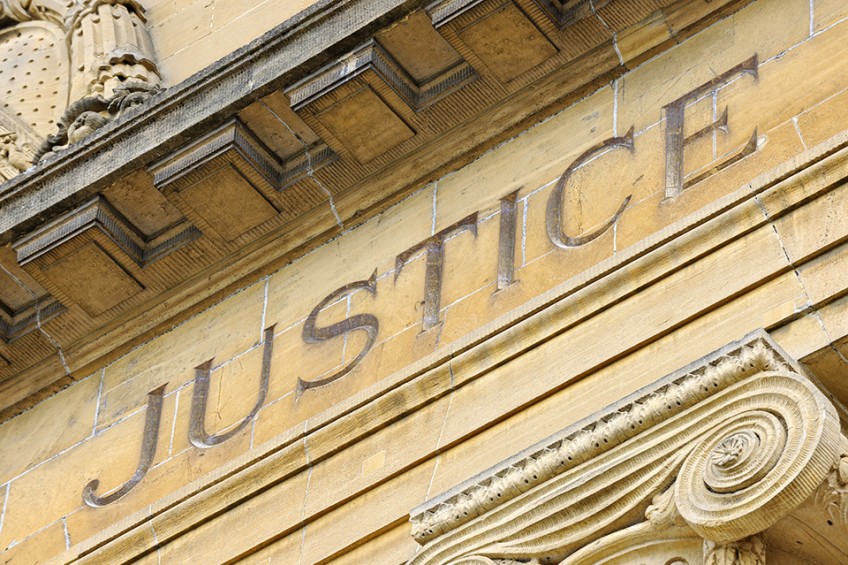Pennsylvania Continues Reforming their Criminal Justice System
Pennsylvania enacted a criminal justice reform statute in 2012 that is beginning to reap benefits. From the time of implementation to the end of 2015, the state saved $13 million and reinvested $4 million into public-safety enhancements such as probation improvements and reentry programs.
The bill, Senate Bill 100, was signed into law July 5, 2012 and was targeted at provided alternatives to incarceration for nonviolent, low-risk offenders. In summary, the law created programs for offenders battling substance abuse, creating alternate facilities to state prisons for those who violate parole, banning offenders of some misdemeanors from serving time in state prison, and support of treatment courts. These reforms are based off of recommendations made to the state by The Council of State Governments Justice Center, a nonpartisan nonprofit that seeks evidence-based strategies to public safety. It is because of these smart on crime recommendations and their implementation that Pennsylvania’s prison population saw its biggest one-year decline in 2015.
Motivated by these 2012 reforms, some legislators are pushing for further reform. Governor Tom Wolf created a bipartisan task force to reassess all criminal justice policies including those policies implemented in 2012 and find room for additional improvement. Pennsylvania Senator Stewart Greenleaf, the Chairman of the State Senate Judiciary Committee, said:
The first wave of criminal justice reforms have finally started to drive down Pennsylvania’s inmate population and costs and have provided a means of investing in successful strategies to further drive down incarceration; however, this was just the beginning. We have broken the barriers to rethinking corrections policies on all fronts from rehabilitating non-violent drug offenders, to addressing mandatory minimum sentences, and expunging minor criminal records. I look forward to working with our partners on this latest justice reinvestment initiative to find more reforms and strategies to further reduce Pennsylvania’s inmate population and corrections spending.
Since the creation of this task force in February, Pennsylvania has passed legislation to increase the eligibility for criminal record expungement to better help nonviolent offenders find employment and avoid re-offense. Pennsylvania has made great strides and has a continued opportunity to find and implement smart on crime reforms.

